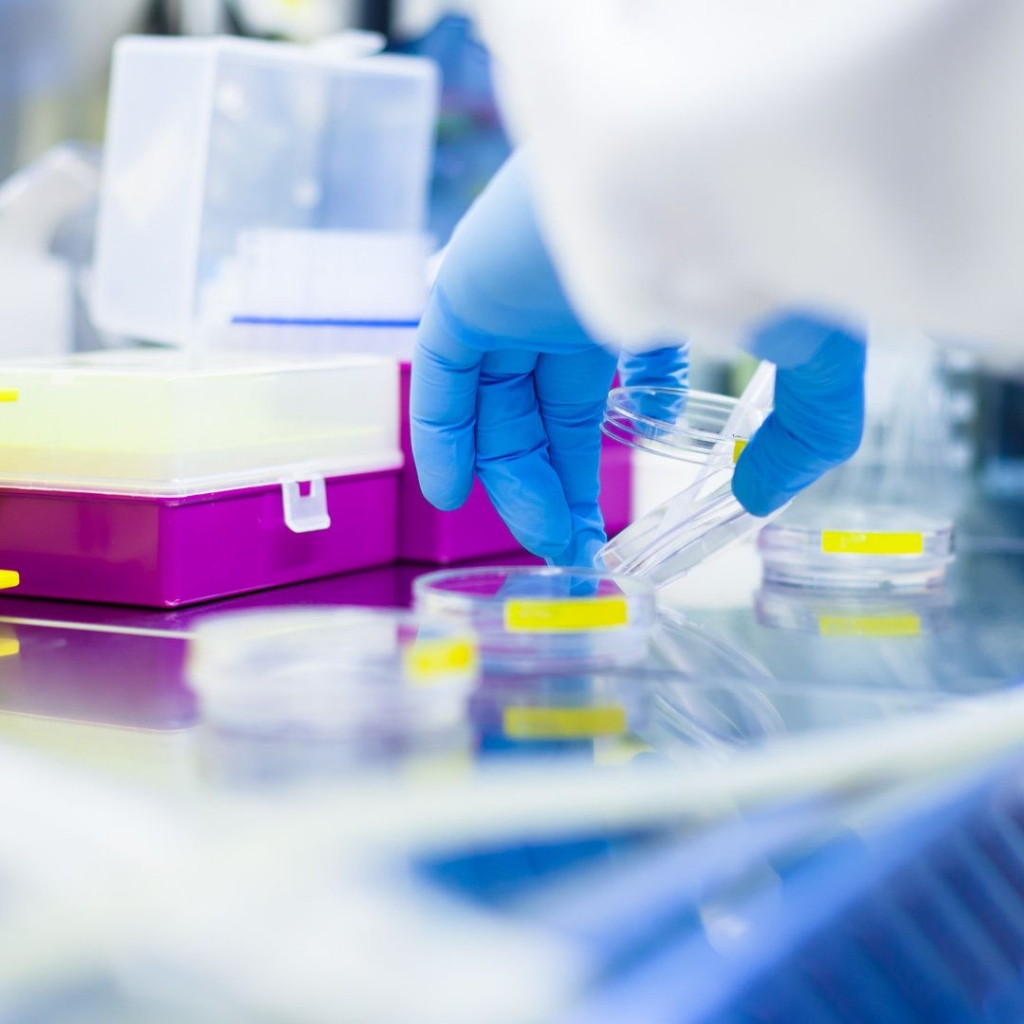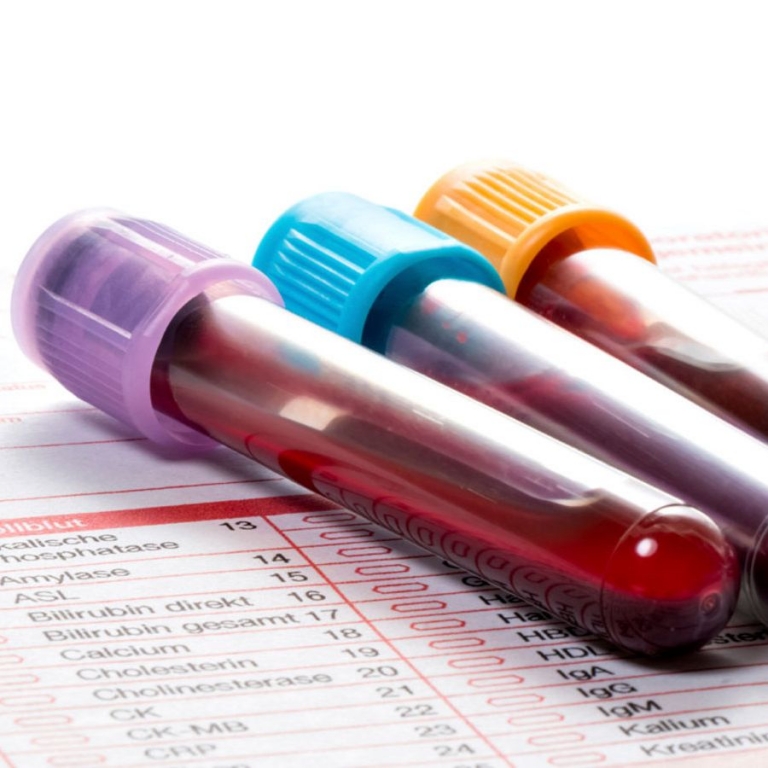APTT test
APTT (activated partial thromboplastin time) measures the time in seconds until clotting takes place. The test checks the function of the internal as well as the common coagulation cascades. The blood clotting cascade promotes blood clot formation to cover damage of blood vessels and tissues to prevent further blood loss. For proper clot formation to take place, all the components of the blood coagulation cascade must function normally in adequate amounts. If one or more factors are inherited or acquired, or the factors do not function properly, stable clot formation will not occur, which may result in increased bleeding or clotting.
What is the purpose of the test?
The APTI test examines the function of the internal and common coagulation cascades, respectively. It measures the time, in seconds, until coagulation takes place, from the moment the reagents (a reagent is a compound that reacts with another compound) are added to the plasma (an important component of the blood, which is largely made up of water but also contains proteins, hormones and minerals) in a test tube.
In which cases is it recommended to perform the test?
An APTT may be requested by your doctor in the following cases:
- thromboembolism
- chronic condition caused by liver disease
- thrombotic events
- recurrent miscarriage
- to determine haemophilic tendencies prior to a given operation
- prior to heparin therapy (anticoagulant therapy)


What sample is needed for the test?
A blood sample taken from a vein is needed for the test.
What can the result indicate?
A lower value indicates increased coagulation, while a higher value may lead to bleeding.
In diseases such as myocardial infarction, embolism, or thrombosis, damage to the vessel wall results in a clot forming in the vascular circuit. Congenital deficiency of some factors causes haemophilia, which, however, can also develop in case of liver disease or medication – syncumar, heparin.
What to do after the test?
The test alone does not constitute a diagnosis. In order to make an accurate diagnosis, please always consult the specialist or internist who ordered the test with the result.

